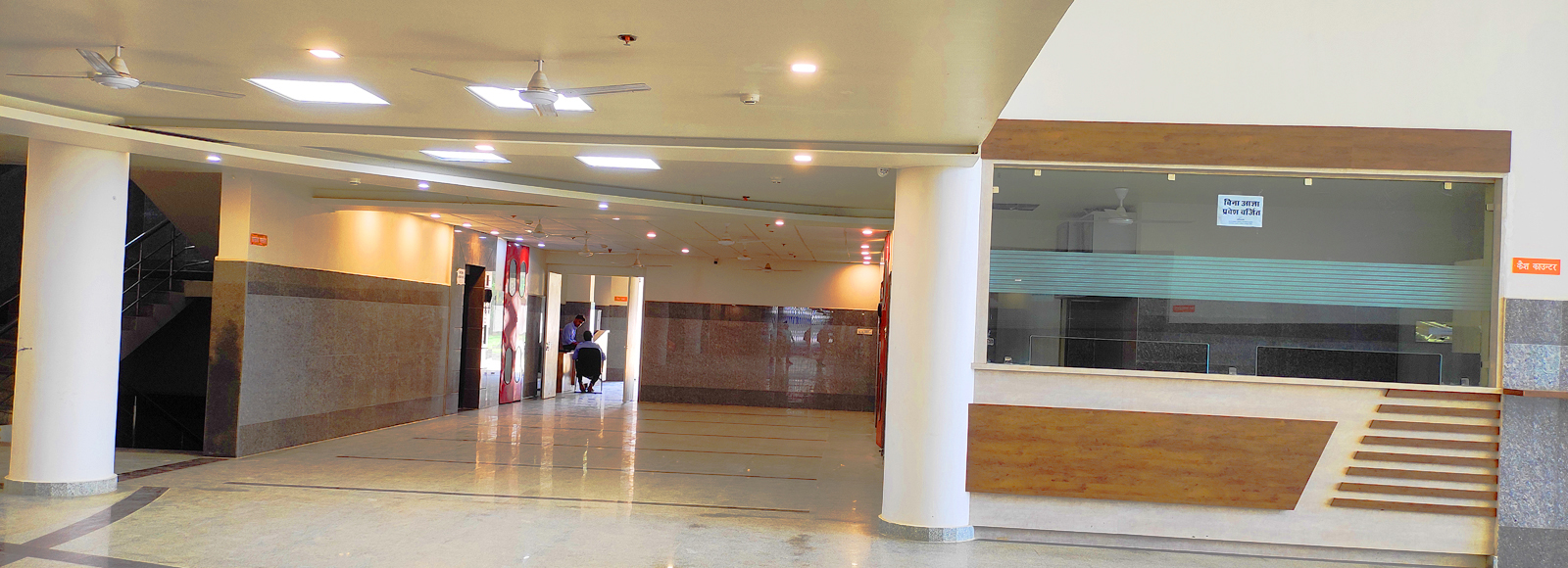ANTI-RAGGING

RAGGING: "Any disorderly conduct, whether by words spoken or written, or by an act which has the effect of teasing, treating, or handling another student with rudeness. This includes indulging in rowdy or undisciplined activities that cause or are likely to cause annoyance, hardship, psychological harm, or raise fear or apprehension in a fresher or junior student. It also encompasses asking students to perform acts or behaviors that they would not ordinarily do, which may cause shame, embarrassment, and adversely affect the physical or psychological well-being of a fresher or junior student."
"A student who has been ragged or has witnessed someone being ragged in hostels, departments, or within the university campus may submit a complaint to any of the committee members, who will then bring it to the attention of the Dean of Students' Welfare immediately. Upon receiving such a complaint, the Dean of Students' Welfare shall convene a meeting of the Cell within three (3) days. The Anti-Ragging Cell will investigate the complaint. If the complaint is found to be true and the perpetrator(s) identified, the Cell may make appropriate recommendations to the Vice-Chancellor in accordance with established Supreme Court rulings."
The Cell shall sensitize the students on anti-ragging rules from time to time and display notices in hostels and departments informing them of the likely consequences if they indulge in ragging.
Activities Considered as Ragging:
- Any conduct by words spoken or written or an act which has the effect of teasing, threading or handling with rudeness to a fresher or any other student.
- Financial extortion or act of forceful expenditure.
- Physical abuses
- Rowdy/undisciplined activities, which cause or are likely to cause annoyance, hardship, physical/psychological harm or fear or apprehension in any student.
- Forcing a student to do an act, which generates sense of shame, torment or embarrassment affecting his/her physique or psyche
- Any act which prevents/disturbs/disrupts regular academic activities assignment to a student
- Any act or abuse by spoken words, emails, post, public insults which would also include deriving perverted pleasure, vicarious or sadistic thrill from actively participating in the discomfiture to fresher or any other student
- Any act affecting mental health and self-confidence of student with or without any intent to derive a sadistic pleasure showing off power, authority or superiority
The Recommendations of Shri R. K. Raghavan Committee:
Verbal Ragging: When a senior causes mental harassment, discomfort for the junior by forcing him/her to answer unacceptable/personal questions, dance, sing, etc. is said to rag the junior. It also includes within its ambit "cyber ragging". Punishment: 1 year imprisonment or fine
Severe Verbal Ragging: Where the mental harassment, discomfort is to such an act as forces the junior to withdraw from the college. Punishment: 7 year imprisonment with fine
Physical Ragging: Any act by the senior towards the junior which inflicts bodily injury on the junior. Like beating the junior, hitting him/her with objects etc. Punishment: 7 year imprisonment with fine
Sexual Ragging: where the senior asks the junior to do an act which damages sexual dignity of the junior. Punishment: 7 year rigorous imprisonment and fine
OBJECTIVES:
To curb the menace of ragging in Mahayogi Gorakhnath University Gorakhpur
Anti Ragging Policy - Ragging is strictly banned in the premises of Mahayogi Gorakhnath University Gorakhpur and its affiliated institutions. If anybody is found indulging in such activities, strict action will be taken irrespective of the extent of ragging.
FUNCTIONS OF THE ANTI-RAGGING COMMITTEE
- To get an undertaking in the prescribed format from the candidate concerned on anti ragging.
- To address the students and parents by the head of the institutions on anti ragging.
- To arrange to send letters to parents, guardians of the students at the end of the academic year for creation of awareness.
- To coordinate with the institutions affiliated and calling for periodical reports from them.
- To form monitoring cells (sub-committees) consisting of mentors at the end of academic year.
- To suggest measures to tighten the security.
- To recommend withdrawal of affiliation of institutions which did not curb ragging effectively.


